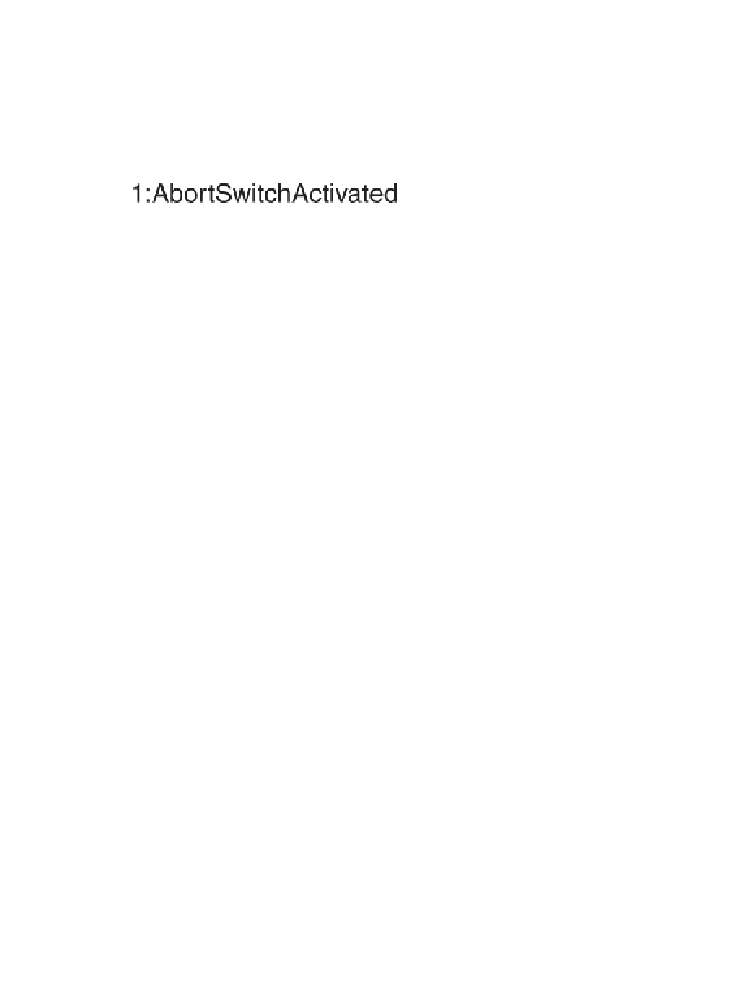Game Development Reference
In-Depth Information
what is specified by the event and then
check
for the behavior specified by both the
action and the flow's destination
state
. An example flow and each of its components
are shown in Figure 11.1.
Figure 11.1
Flow components.
Events
Events
are operations initiated by the user, peripherals, multiplayer network, or internal
game mechanisms. Think of an event as something that is explicitly done during the
game. Picking up an item, selecting a spell to cast, sending a chat message to another
player, and an expiring game timer are all examples of events. The TFD does not have
to represent all possible events for the portion of the game being tested. It is left up to
each tester, who is now in the role of a test designer, to use his knowledge and judgment
in selecting the right events that will achieve the purpose of a single TFD or a set of
related TFDs. Three factors should be considered for including a new event
1. Possible interactions with other events.
2. Unique or important behaviors associated with the event.
3. Unique or important game states that are a consequence of the event.
Only one event can be specified on a flow, but multiple operations can be represented
by a single event. An event name can appear multiple times on a TFD when each
instance carries the exact same meaning. Events may or may not cause a transition to
a new game state.
Actions
An
action
exhibits temporary or transitional behavior in response to an event. It is some-
thing for the tester to check as a result of causing or performing an event. Actions can be
perceived through human senses and gaming platform facilities, including sounds,
visual effects, game controller feedback, and information sent over a multiplayer game











